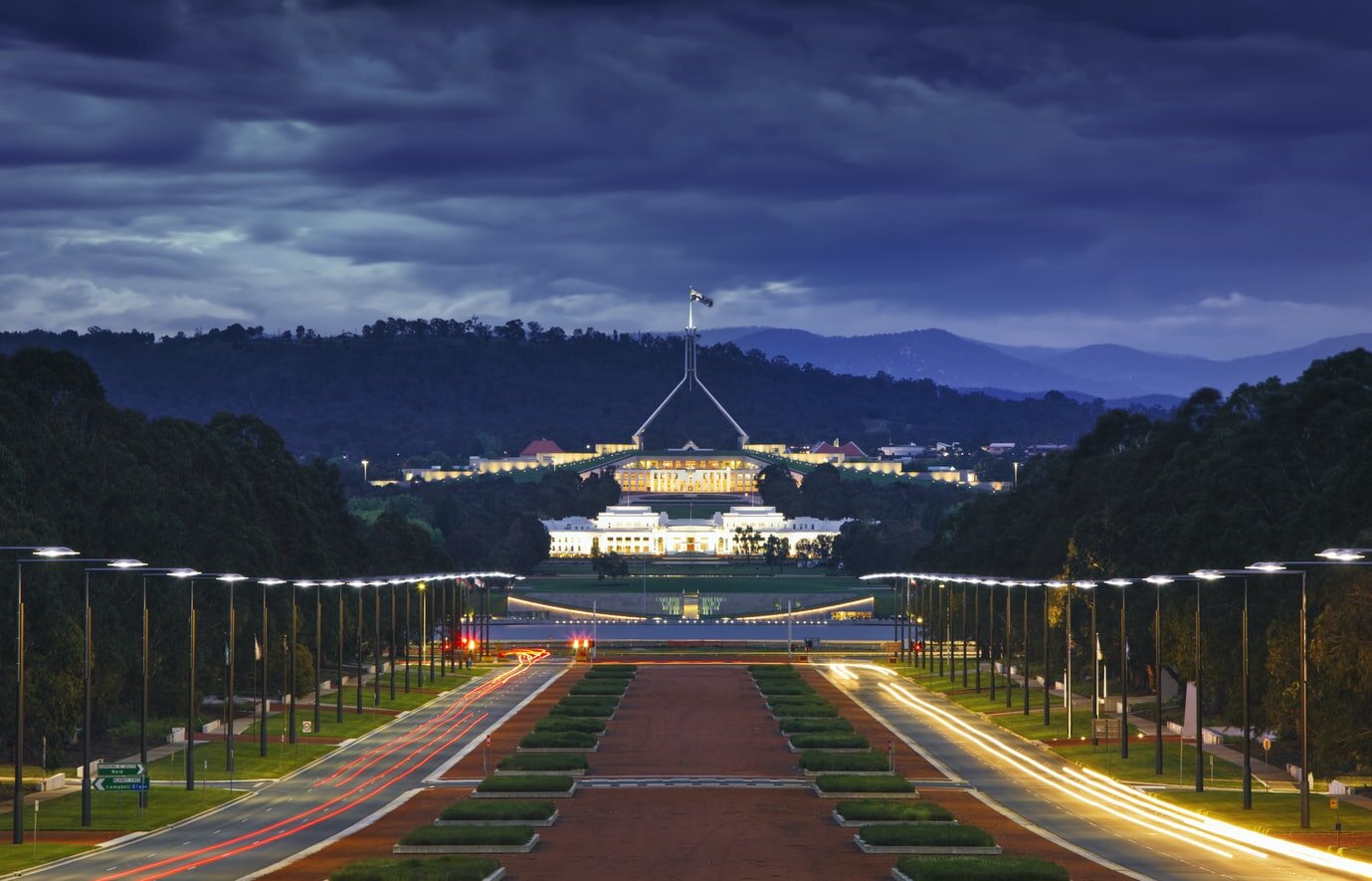
The Federal Treasurer, Mr Josh Frydenberg, handed down the 2020/21 Federal Budget at 7:30 pm (AEDT) on 6 October 2020. Australia’s economic response to the COVID-19 pandemic in the form of the original and extended JobKeeper scheme, the cashflow boosts and the enhanced JobSeeker payment has come at a significant cost, Mr Frydenberg said, resulting in a budget deficit of $213.7b, falling to $66.9b by 2023/24. The Budget has been described as an economic recovery plan, which is “all about jobs”.
On the 31st of July, the ATO released a draft Practice Statement outlining the proposed guidelines that are to apply to the remission of the Part 7 penalty imposed in addition to Super Guarantee Charge (SGC) for late lodgment of SGC statements after the conclusion of the amnesty period.
On 23 July 2020, the Minister for Finance, Mathias Cormann and the Treasurer Josh Frydenburg, released the Economic & Fiscal update.
The Federal Government has announced that the JobKeeper scheme will be extended until 28th March 2021 albeit with tighter eligibility requirements and lower rates. Find out the details here
With EOFY fast approaching in a year that has seen businesses, accountants & tax professionals overwhelmed with the ongoing raft of Coronavirus Stimulus Measures, it’s crucial to remind organisations of their upcoming ESS reporting obligations so they can avoid incurring ATO penalties for failing to lodge on time.
With EOFY fast approaching in a year that has seen businesses, accountants & tax professionals overwhelmed with the ongoing raft of Coronavirus Stimulus Measures, it’s crucial to remind organisations of their upcoming ESS reporting obligations so they can avoid incurring ATO penalties for failing to lodge on time.
In its latest move to counteract the economic fallout of COVID-19, the Federal Government will extend its $150,000 instant asset write-off until the end of the year. Originally due to expire 30 June 2020, the instant asset write off is now available until 31 December 2020.
Last night saw the $130 billion JobKeeper wage subsidy program pass the Senate, making it the largest financial package legislated in Australian history. With more than 730,000 businesses already registered for the JobKeeper support and with many more anticipated, understanding the rules and legislation that apply to this payment is essential.
In a time of rapid change and many challenges, both from a professional and personal perspective, it can be easy to get overwhelmed with all the new developments across the economic landscape. That's why the team at BCP is here to support you through these times, bringing you up-to-date information on changes that impact you and your clients. Today we take a look at the JobKeeper payment, which was passed last night in Parliament, as well as the upcoming SG Amnesty deadline.
Today the Federal Government announced a $17.6 billion stimulus package to help prevent a coronavirus related recession. Of this package, $11.5 billion will be spent before 30 June 2020. What are the key measures?
Last month the Federal Treasury released for public consultation a paper on the “Targeted amendments to the Division 7A integrity rules”. If the proposed changes go ahead, any existing Div 7A loans, unpaid present entitlements (UPE’s) that have been placed on sub-trust arrangements, or any loans that predate the introduction of Div 7A (December 1997) will need to be reviewed before 30 June 2019.










